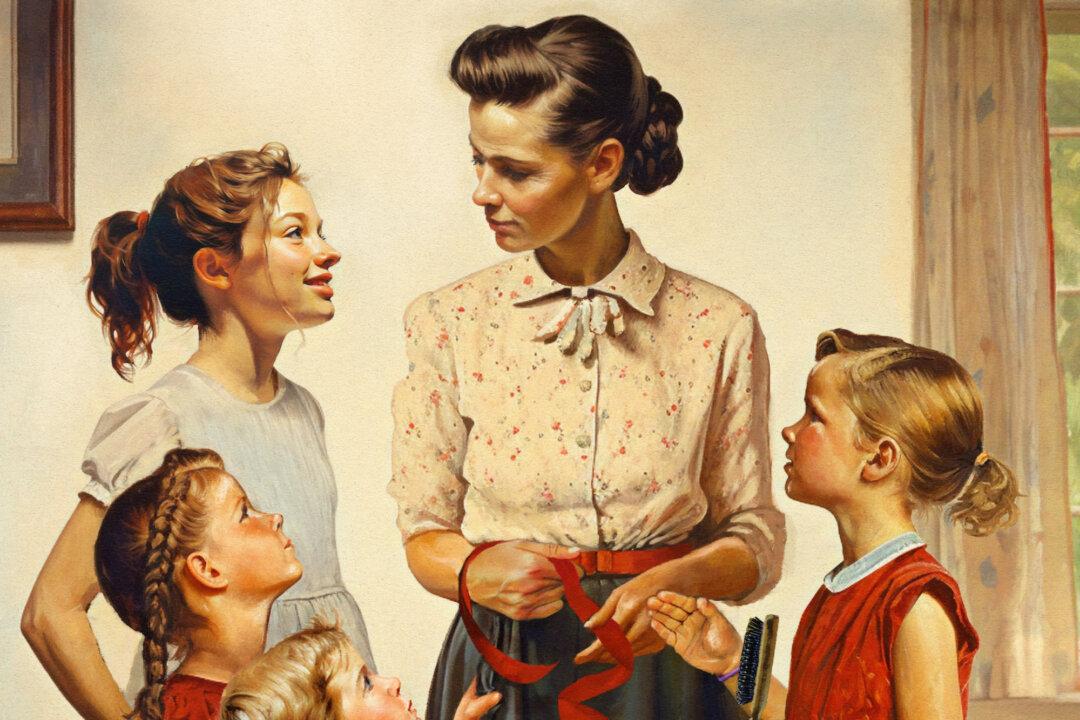In early August, I had charge of four children ages 3 to 8 for three days and two nights while my son and his wife were in the hospital bringing a fifth member of the squad into the world. All went reasonably well on my solitary watch until that second night, when the 7-year-old came downstairs after I’d tucked them into bed.
“Cici’s crying,” she said.






